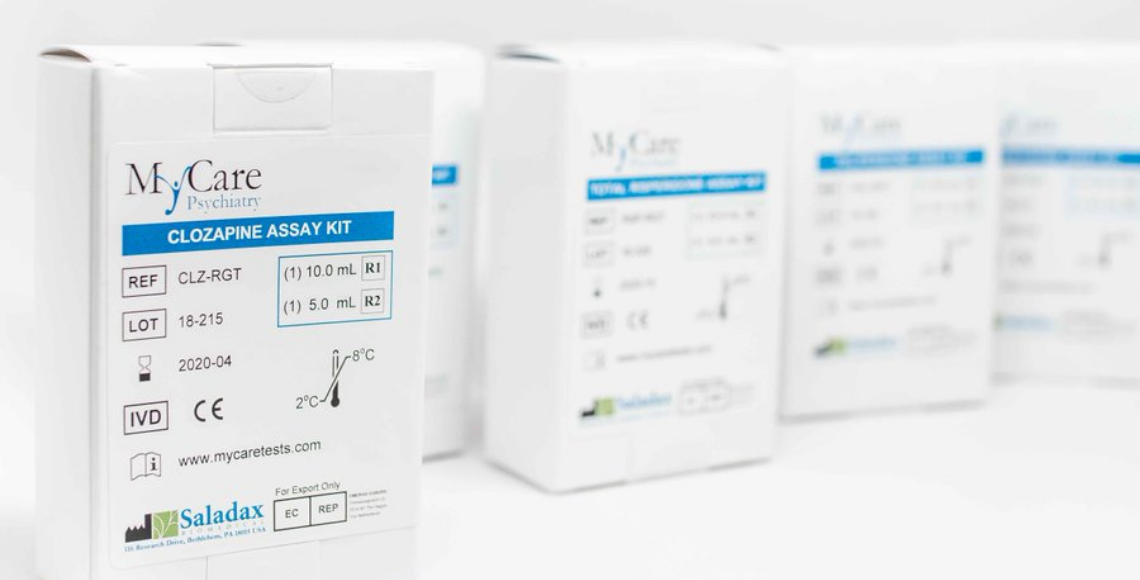Point-of-care testing to enable patients to access clozapine
Around 25 per cent of patients with psychosis do not benefit from treatment with antipsychotic drugs.
The only existing treatment that can help these patients is a medication called clozapine. Clozapine has an associated target therapeutic range which can be used to monitor patients. It can lower the level of the patient’s white blood cells, which can lead to life threatening a reduction in the number of white blood cells (agranulocytosis) in 0.4 per cent of patients taking this drug. Therefore, clinical teams can only offer this treatment if they regularly check the levels of clozapine and white blood cells in the patient’s blood.
Normally, this involves taking a blood sample from the arm. However, patients often find this uncomfortable and dislike the procedure and it also takes about a week before the results come back from the laboratory. This is a long delay if the dose needs to be changed.
Blood tests at your fingertips
Researchers from the National Institute for Health Research (NIHR) Maudsley Biomedical Research Centre worked with companies (Saladax, Hemocue) that make small portable machines that can measure clozapine and white cell levels from a tiny drop of blood collected from a patient’s fingertip (see studies 1 & 2).
We assessed whether these devices could be used instead of the usual procedure and found that they are just as accurate and provide results after only a few minutes. This means that the clinician can use the results to adjust the clozapine dose while they are still with the patient. Both patients and clinical teams prefer finger-prick testing to the conventional approach, and patients say that it made them feel more involved in their care.
Sending results directly to electronic health records
To make this as useful as possible we developed software that automatically sends the test results to the patient’s electronic health record. The level can be seen by everyone involved in their care of that person.
This new ‘point-of-care’ approach ensures that patients are getting the right dose of clozapine, reducing the risk of serious side effects if the dose is too high, and the possibility that treatment is unhelpful because the dose is too low. Making blood testing easier may also lead to more patients and clinicians choosing clozapine as a treatment option.
South London and Maudsley NHS Foundation Trust is now implementing point-of-care testing for all patients taking clozapine, and in a recent Care Quality Commission visit, this approach was highlighted for particular praise. We plan to share it with neighbouring NHS Trusts (Oxleas) and other centres worldwide.
Read an article in The Conversation: Schizophrenia - a new blood test to improve treatment.
IMPACT AREAS:
Novel Diagnostics and Therapeutics | Industry Collaboration | Improving Access and Uptake | Personalising Treatment to Patients








